Turkish prosecutors seek life imprisonment for defendants in Russian ambassador’s murder case
Turkish prosecutors are seeking life imprisonment for defendants involved in the murder of Russian ambassador to Ankara, Andrey Karlov, who was assassinated by a member of a movement led by US-based opposition cleric Fethullah Gulen.
On Thursday, the Ankara prosecutor's office demanded multiple aggravated life sentences for a total of eight defendants.
The indictment also pointed out that the killing of Karlov was “provocative action against Turkish-Russian ties.”
Back in November 25, 2018, Turkish prosecutors concluded a two-year investigation, and indicted 28 suspects, including Gulen himself, and other high-ranking members of his movement over the Russian ambassador’s killing.
According to the indictment, former Information and Communication Technologies Authority (BTK) employee Sahin Sogut was a "covert imam" – a Gulen movement clandestine preacher – of the assassin Mevlut Mert Altintas.
The indictment noted that Altintas and Sogut communicated via their social media and e-mail accounts.
The pair was in close contact ten days before the assassination, and Altintas got detailed instructions regarding the murder.
Altintas, clad in civilian clothing, shot down Karlov as he was inaugurating a photo exhibition in the Turkish capital city of Ankara on December 19, 2016.
After carrying out the murder, the assailant went on a rant caught on camera, which saw him bawling “Don’t forget Aleppo, don’t forget Syria!”
The assassination, condemned by the Turkish and Russian leaders as an attempt to sour Ankara-Moscow ties, came amid cooperation between the two countries over the Syrian crisis.
On December 21, 2016, Turkish-language Hurriyet daily newspaper identified Altintas as a member of the team providing security for Turkish President Recep Tayyip Erdogan.
The paper said he had served in the taskforce ensuring that no harm would come to the head of state in public events. The group played second fiddle to Erdogan’s personal bodyguards.
Altintas had provided security for the Turkish president eight times since the botched putsch against Erdogan. Over all, he had served two and a half years in anti-riot police.
Aydinbas had earlier given his testimony to Adem Akinci, a prosecutor from the Ankara Chief Public Prosecutor’s Office.
He confessed that he had links to the Gulen movement, but broken away from it back in 2008.
During the 2016 botched putsch, a faction of the Turkish military declared that it had seized control of the country and the government of Erdogan was no more in charge. The attempt was, however, suppressed a few hours later.
Ankara has since accused Gulen of having orchestrated the coup. The opposition figure is also accused of being behind a long-running campaign to topple the government via infiltrating the country’s institutions, particularly the army, police and the judiciary.
Gulen has denounced the “despicable putsch” and reiterated that he had no role in it.
“Accusations against me related to the coup attempt are baseless and politically-motivated slanders,” he said in a statement.
The 78-year-old cleric has also called on Ankara to end its “witch hunt” of his followers, a move he says is aimed at “weeding out anyone it deems disloyal to President Erdogan and his regime.”
Turkish officials have frequently called on their US counterparts to extradite Gulen, but their demands have not been taken heed of.
Iran Armed Forces warn US of severe consequences for any aggression
VIDEO | Iran, US move ‘closer to agreement’ after ‘serious, longest’ round of talks: FM
Israeli army chief privately warns of cost of new war with Iran: Report
IRGC official: US buildup, psychological tactics aim to 'swallow Iran again'
Iran’s three-man team captures triple gold at UWW ranking series in Tirana
Iranian academic sentenced to 4 years in prison in France for supporting Palestine
VIDEO | Press TV's news headlines
Russia: West seeks to repeat past ‘plunder’ of Iran’s oil








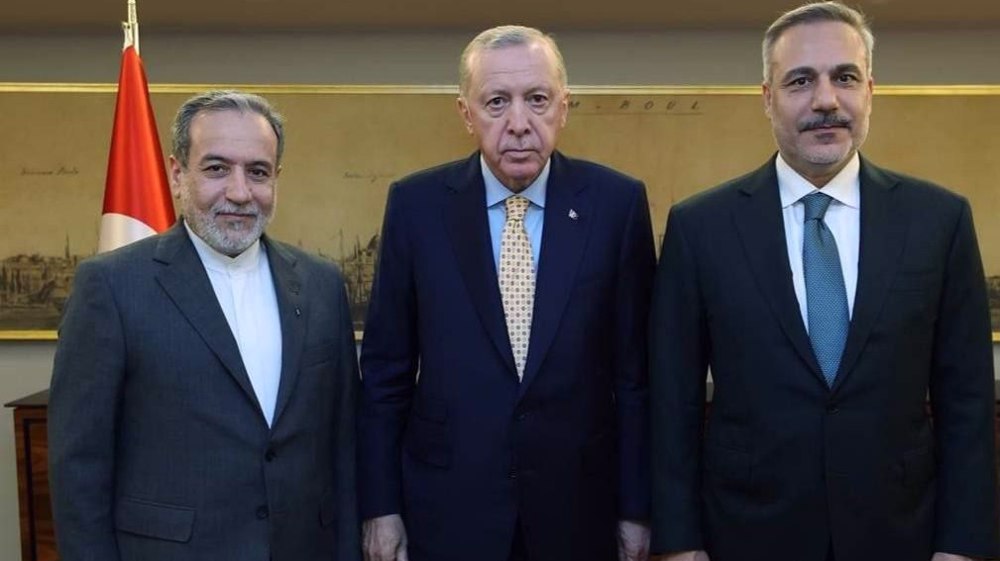
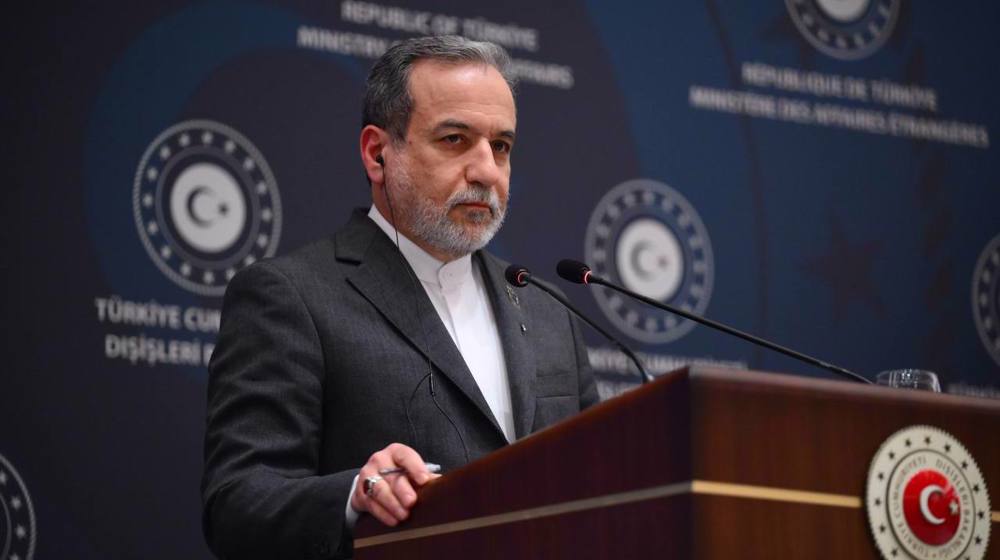





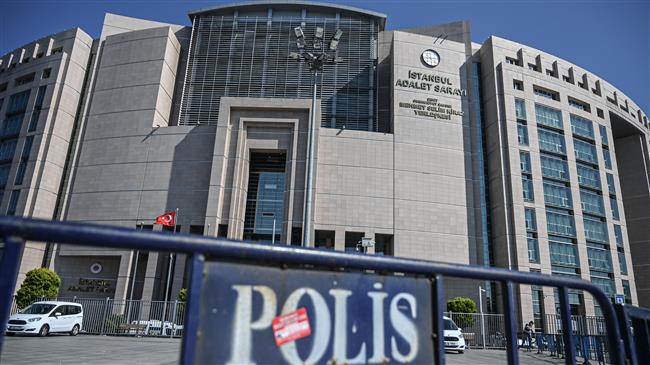
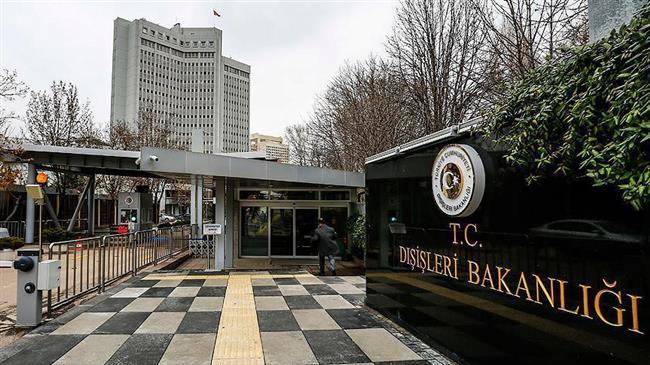
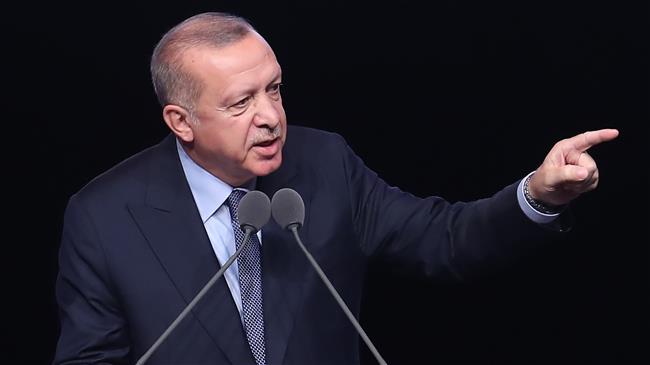
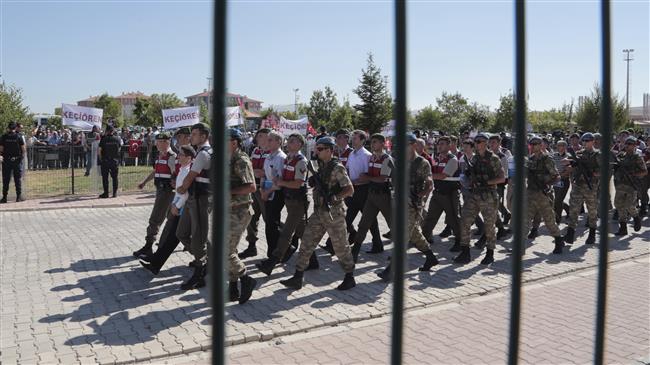
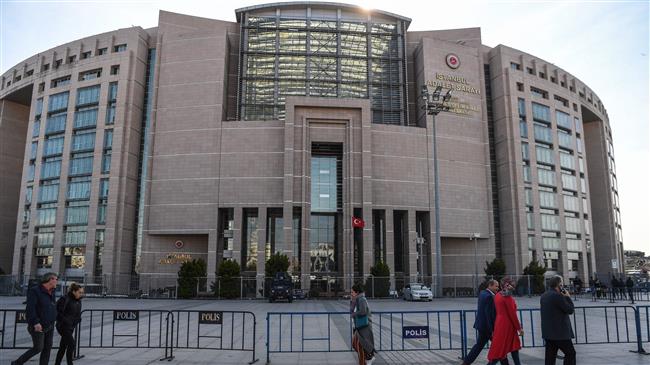

 This makes it easy to access the Press TV website
This makes it easy to access the Press TV website